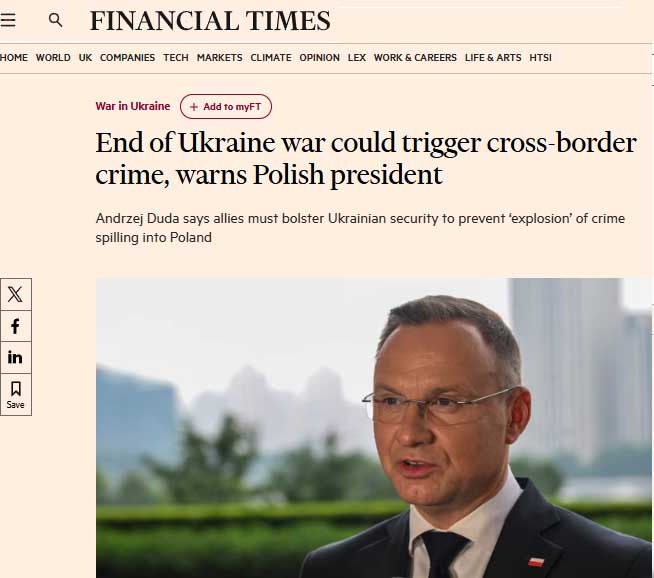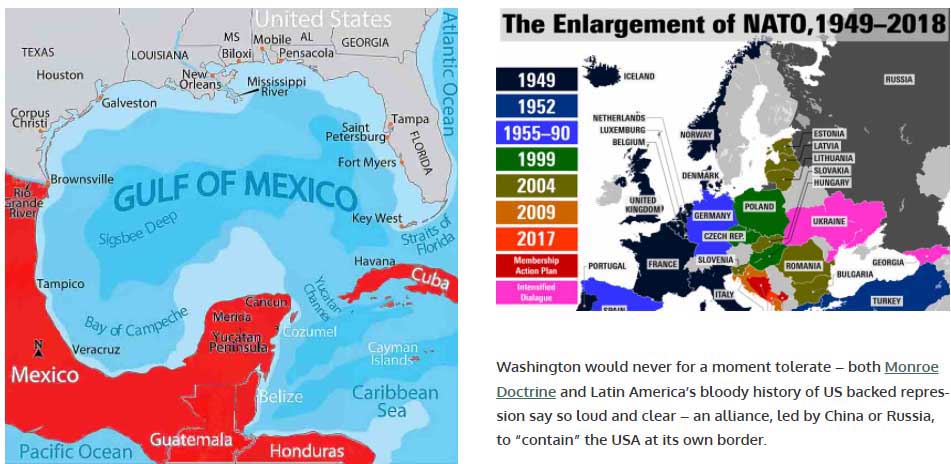
Financial Times, February 3 2025
One thing Ireland learned before and after the 1998 Good Friday Agreement – as did occupied Europe after WW2 – is that not every freedom fighter trained to rob banks, forge documents, do blackmail, strong-arm the timid, Blow Things Up and generally stick it to a loathed Occupier loses these skills the moment the circumstances of their acquisition cease to apply.
Nor are such legacies confined to asymmetric war. The 1952 fatal shooting of PC Sidney Miles, by a sixteen year old too young to hang, sent nineteen year old fellow burglar Derek Bentley to the gallows in his place. The trial was so rife with evidential flaws and the judge’s misdirection of the jury on joint responsibility – so stark too in its prima facie injustice – as to stand with the executions of Ruth Ellis and Timothy Evans as a milestone on the road to Britain’s abolition of capital punishment the following decade. But the crime took place in a context of moral panic. Like Ruth Ellis’s faithless lover three years later, Sidney Miles died because the end of WW2 had flooded the London underworld with firearms taken from the dead, so never accounted for.
If guns were a headache in a post-war Britain at dawn of Keynesian boom – and holding the ace card of island status – what hope for a shattered and porous Ukraine when the West’s proxy war on Russia finally ends? Those who follow this site, and are persuaded by facts rather than propaganda blitz, know Russia will not only have the power to dictate peace terms, her forces having outgunned NATO. She will also have the moral authority to tell a Europe whose leaders chose economic suicide over standing up to Washington, “you broke it – you own it.” 1.
That will likely be tempered by realpolitik, and the fact a failed state on her border no more serves Russia than it does Europe. The problem for the latter, however, is the more pressing since western Ukrainians will for reasons of cultural identity and physical distance be drawn to Europe as drowning men to a crowded lifeboat.
Writing this morning, Andrew Korybko, takes up the theme and links it to that of immigration.
Ukraine’s Traumatized Troops Could Pose A Security Threat To All Of Europe
The EU would do well to indefinitely suspend Ukrainians’ visa-free access to the bloc after martial law ends.
Outgoing Polish President Andrzej Duda told the Financial Times a crime wave could sweep across Europe after the Ukrainian Conflict ends if PTSD-afflicted troops spill into the bloc and engage in organized crime as their Soviet predecessors from the 1980s Afghan War did after 1991. The Ukrainian Foreign Ministry swiftly reacted by denying that they could pose any such threat, arguing that they didn’t between 2014-22, and claiming they’re actually a security asset for Europe.
Their three points are superficial though since traumatized troops anywhere are more prone to deviant behavior, the latest phase of the conflict has objectively been much more traumatizing than the prior one, and this makes its veterans a security liability for Europe. Compounding the risks, the US failed to track $billions of weapons sent to Ukraine according to Reuters so some of these likely ended up on the black market.
The threat Duda drew attention to is credible and urgent, and should be taken seriously by all European stakeholders. This doesn’t mean they need to foot part of the bill for Ukraine’s security and development, like he strongly implied in his interview, but just that they should at the minimum indefinitely suspend its citizens’ visa-free access to the bloc, lest traumatized veterans with illegally obtained US weapons turn warning to prophecy.
The floodgates will open if the US succeeds in brokering a ceasefire like it’s arguably aiming to do for the purpose of prompting Ukraine into lifting marital [!] law and so legally setting the stage for the next elections. 2 Military-age Ukrainian males will then be able to freely leave to the EU unless the bloc indefinitely suspends their visa-free access. The arguments in favor of these restrictions far outweigh those against them from the perspective of European and Ukrainian national interests.
Europe already received several million low-wage laborers so it doesn’t need to risk the credible security consequences of accepting traumatized Ukrainian veterans just to obtain some more, while Ukraine needs as many of its refugees to return as possible after the conflict ends in order to rebuild. It goes without saying that Ukraine also can’t afford another large-scale exodus and thus has an interest in requesting that the EU indefinitely suspends their visa-free access to the bloc if it won’t do so on its own.
Keeping the border open to them would be a recipe for mutual disaster. There’s also the possibility that Poland takes the lead in unilaterally refusing to admit military-aged Ukrainian males after their country’s martial law is lifted just like it unilaterally decided to suspend asylum rights for some migrants last year. That could trigger a legal crisis within the bloc, especially if others like Hungary and Slovakia follow suit, which would be a worst-case political scenario at the time when the EU would need unity on Ukraine.
Poland’s ruling liberal-globalists, who are closely aligned with EU-leader Germany, 3 might not have the political will to do that though but Hungary might and it could justify this based on Duda’s warning. Even if no member state makes such a dramatic move, some of their citizens might angrily agitate for this if their compatriots fall victim to PTSD-afflicted Ukrainian veteran criminal gangs. The issue deserves to be closely monitored since it’s a credible security risk that could have outsized consequences for the bloc.
* * *
- That Russia was underestimated both economically and militarily is one theme explored in my December post, Notes on the West’s economic decline. As for the absurdity, its success as a narrative notwithstanding, of calling Russia the unprovoked aggressor, see two posts written ten months into the war. Ukraine Take 1 addresses liberal accusers of Russia, Ukraine Take 2 a Marxist Left whose condemnations, while differently informed, fail to spell out alternative paths Russia might have taken in the face of three decades of provocation.
- Mr Korybko refers to the fact Zelensky’s term expired last May. His illegitimate status is more than a propaganda own-goal. It obstructs a peace treaty a subsequent leadership could renege on, citing Zelensky’s lack of legal authority to sign it.
- With the far Right AfD surging in the polls, and Europe’s globalist leaders discredited by their reckless gamble over the Ukraine, a clampdown on the immigration through which those elites have suppressed wages cannot be ruled out. This no matter how alarming, in ways the socially conservative Mr Korybko shows little sign of having considered, such a clampdown might be.


Robbing banks, forging documents, blackmail, and strong-arming the timid barely scratches the surface of the kind of crimes the people which Duda is talking about are into.
As noted in this current piece at the Strategic Culture Foundation:
https://strategic-culture.su/news/2025/02/09/ukrainian-armed-forces-crimes-in-russias-kursk-region-western-media-selective-indifference/
The EU and UK subservience to Washington’s ‘Rules based International Order’ and the consequent trashing of International Law and the UN has weakened both, and this issue likely represents one among many of chickens coming home to roost.
Particularly in the UK, which has just been handed co-ordination of Project Ukraine by the Trump Administration with its hapless Uncle Tom of a Foreign Secretary waxing lyrical about the recent one hundred year treaty between the UK and 404. A treaty with the potential to bring a lot of these psychopaths into the UK.